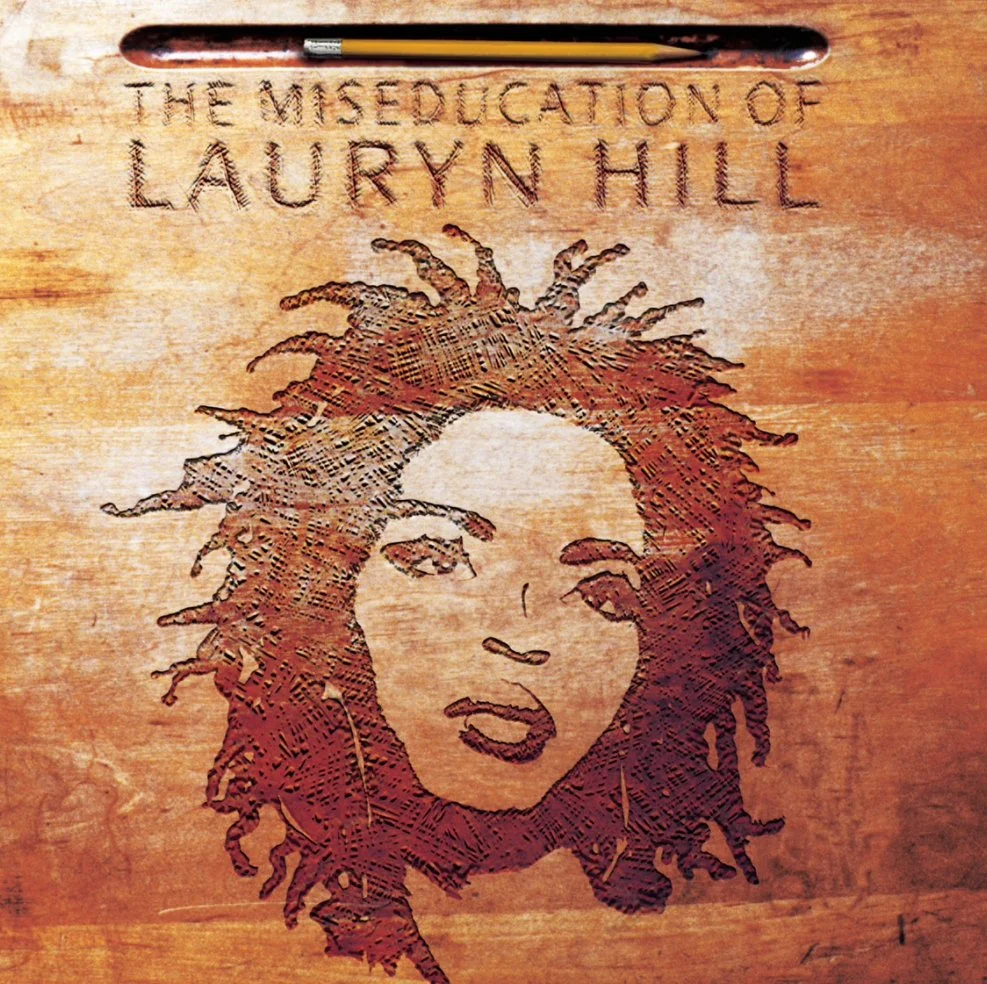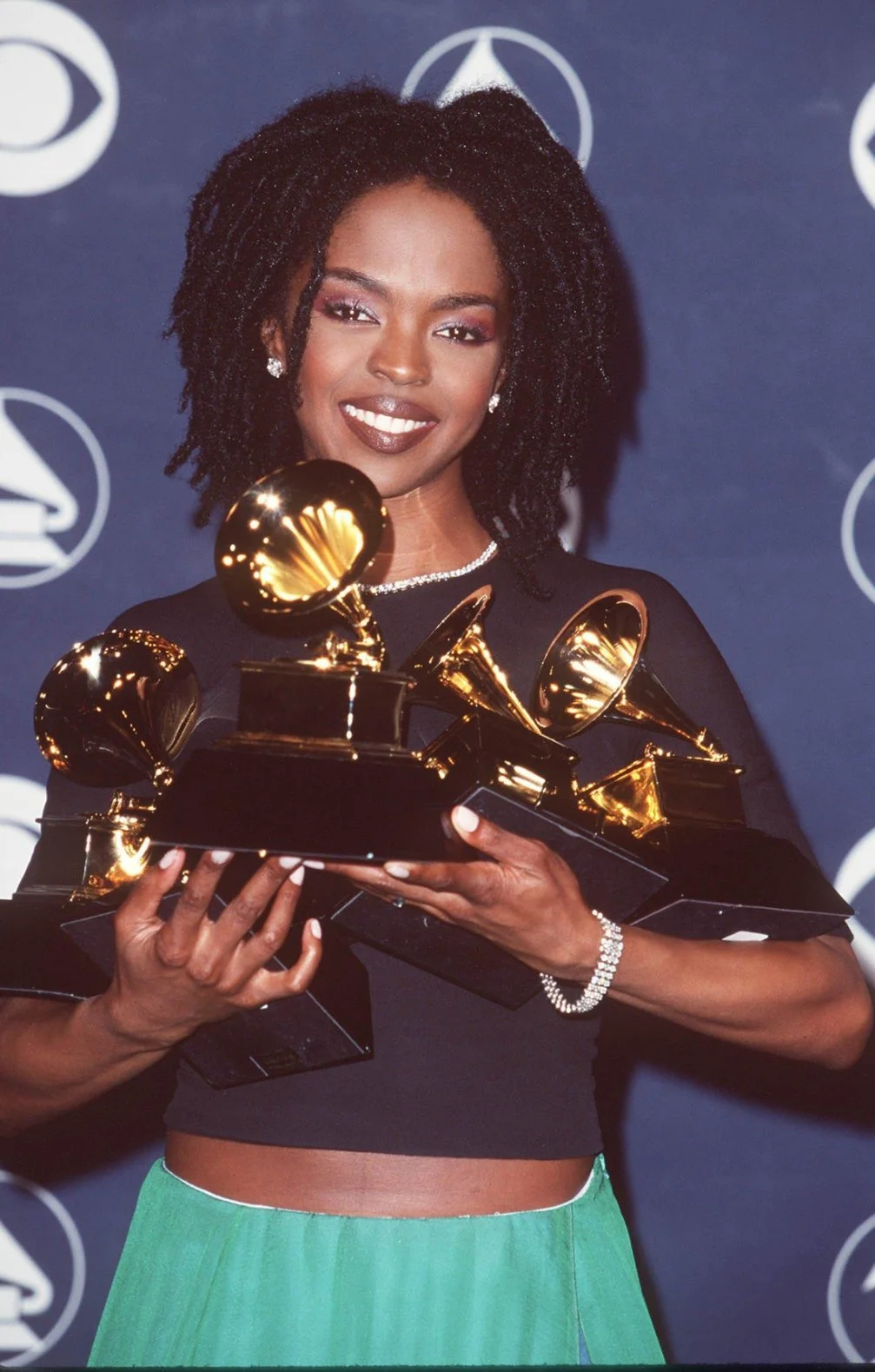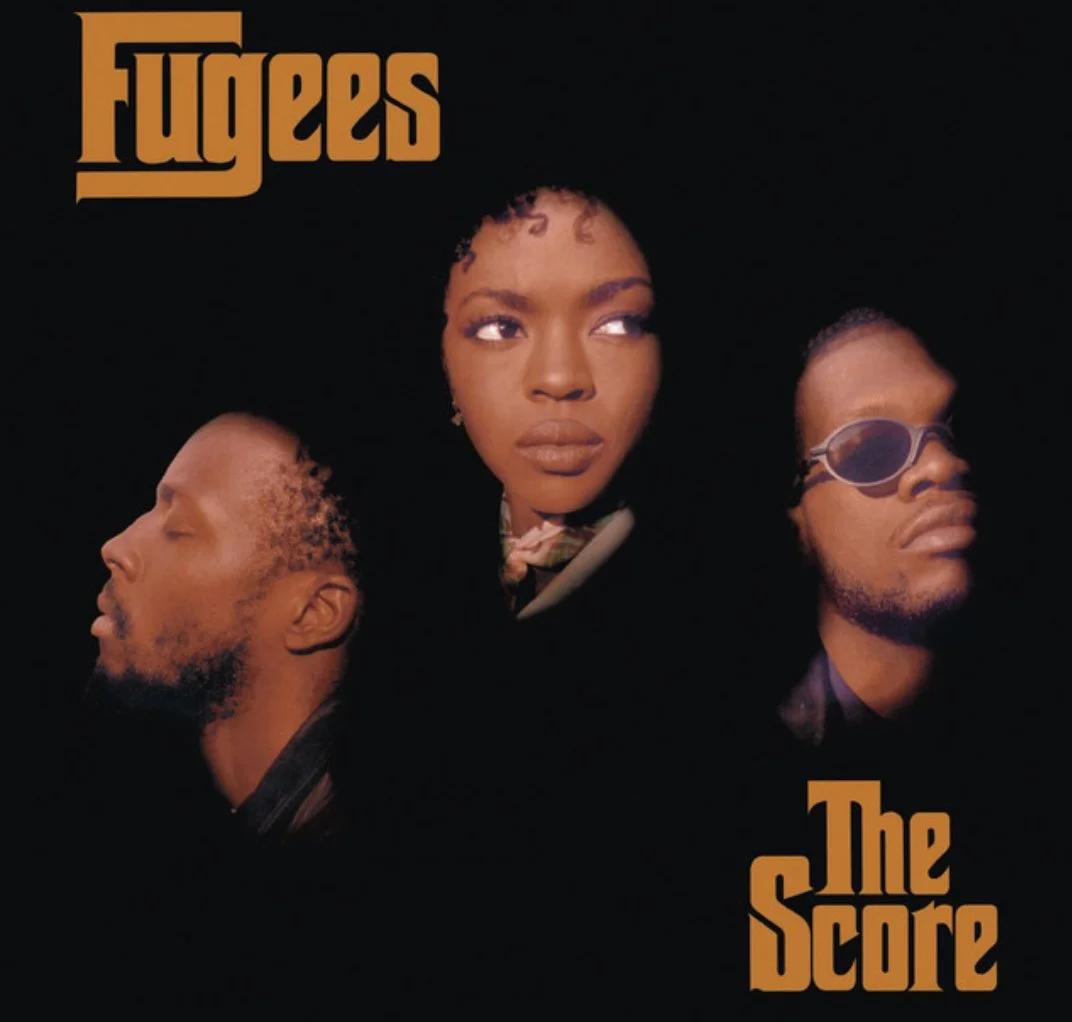She Only Needed One: Lauryn Hill’s Miseducation Changed Everything
Lauryn Hill is one of the finest female lyricists in Hip-Hop and R&B culture. She’s a pioneer in the game. While she’s faced her share of challenges in her personal life and The Miseducation of Lauryn Hill remains her only studio album, she’s still one of the greatest to ever do it.
My parents named me after Lauryn Hill, which may be part of the reason why music means so much to me. One of my nicknames is even the same as hers — L-Boogie. The Miseducation of Lauryn Hill is one of the rawest, most spiritually healing and comforting albums I always return to. I grew up listening to her as a young girl, with Doo Wop (That Thing) and Everything Is Everything being my early favorites. But I didn’t truly hear the album from top to bottom until I became a young adult at 20, after going through my first real heartbreak. I remember the nights I cried non-stop, isolated myself and felt disconnected. Music became my only comfort. My mom and brother sent me songs from the album like Ex-Factor, When It Hurts So Bad, Superstar, I Used to Love Him, and more. I connected to them deeply. Listening to those few songs made me want to dive into the whole album.
What I learned was that Lauryn didn’t just make this album for her fans — she made it for herself. I could tell. She poured raw emotion into every track, addressing self-worth, heartbreak, motherhood, faith, and identity. I loved how she structured the album and built out the concept from start to finish. It flows like a journey: starting in heartbreak, evolving into self-reflection, healing, forgiveness, and ultimately — acceptance.
She brought out her funky, hip-hop lyricism while also showing her incredible vocal talent. The use of classroom interludes gave it a deeper meaning, like her life was the classroom, and we were all students learning alongside her. “Miseducation” is defined as “a situation where someone receives an education that is poor, wrong, or harmful.” That adds another layer of meaning, Lauryn had to unlearn a lot of what she’d been taught and you hear that growth unfold in real time.
Even more than just a personal story, The Miseducation of Lauryn Hill was a cultural reset. Lauryn wasn’t just making an album, she was shifting the culture. She opened the door for women in hip-hop and R&B to be vulnerable, lyrical, and unapologetically real.
In 1999, The Miseducation of Lauryn Hill earned her five Grammy Awards, including Album of the Year. That win made her the first Black woman in history to do so. That moment wasn’t just historic — it was revolutionary. She forced the music industry to finally recognize the power of a Black woman telling her story, her way.
And what makes her story even more powerful is that Miseducation came after her time with The Fugees, where she already proved she could out-rap the best of them. Her verse on Ready or Not, legendary. She was giving bars, harmony, and soul long before the solo debut. But Miseducation was different. It was personal.
Because I was in such a vulnerable place when I truly listened to the album, I felt every word. Some lyrics that stuck with me the most:
“Some wan’ play young Lauryn like she dumb…
Now understand, L-Boogie, non-violent.
But if anything test me, run from mi gun…
L been this way since creation…
You might win some but you just lost one.
Now don’t you understand, man, universal law?
What you throw out come back to you, star.
Never underestimate those who you scar.
Cause karma, karma, karma comes back to you hard.” — Lost Ones
“What you want might make you cry,
And what you need might pass you by
If you don’t catch it.
And what you need, ironically,
Will turn out what you want to be
If you just let it…
But how could this be love and make me feel so bad?
Gave up my power, I existed for you.
But whoever knew, the voodoo you do…” — When It Hurts So Bad
“Why for you to increase, I must decrease?
If I treat you kindly, does it mean that I’m weak?
You hear me speak, and think I won’t take it to the streets?
I know enough cats that don’t turn the other cheek.
But I try to keep it civilized, like Menelik,
And other African czars, observing stars with war scars…
To survive is to stay alive in the face of opposition.
Even when they coming, gunning, I stand position.
L known the mission since conception…” — Forgive Them Father
Just to name a few.
I also loved how Lauryn uplifted women with empowering tracks like I Used to Love Him featuring Mary J. Blige. The song is about moving on and reclaiming your soul. Overcoming heartbreak is something most of us know too well — but the comeback is personal. It’s a rebirth. This track breaks down the toxic beliefs women often internalize in relationships and flips the script. The way Lauryn and Mary go back and forth in that song is so in sync and strong that it’s unmatched.
“I chose the road of passion and pain. Sacrificed too much and waited in vain. Gave up my power, ceased being queen. Addicted to love, like the drug of a fiend. See torn and confused, wasted and used, reached the crossroad, which path do I choose? Stuck and frustrated, I waited, debated, for something to happen that just wasn’t fated. Thought what I wanted was something I needed. When mama said no, I just should’ve heeded. Misled I bled till the poison was gone, and out of the darkness arrived the sweet dawn…I used to love him, but now I don’t”— I Used to Love Him
Then there's the final track, Tell Him, which feels like a love letter to God. She’s quoting scripture, speaking about faith, and painting a picture of love that’s bigger than romance — a divine kind of love.
“Let me be patient, let me be kind.
Make me unselfish, without being blind.
Though I may suffer, I’ll envy it not.
And endure what comes, ‘cause he’s all that I got.
I tell him…tell him I need him.
Tell him I love him, and it’ll be alright…
I’ll never be jealous, and I won’t be too proud,
Cause love is not boastful, ooh, and love is not loud.” — Tell Him
Lyrics like these reflect the fruits of the spirit from the Bible: love, joy, peace, patience, kindness, goodness, faithfulness, gentleness, and self-control. Ending the album with this song made everything that came before it feel even more intentional. It’s like she took us through pain just to bring us to peace.
The Miseducation of Lauryn Hill was a rite of passage for me. I learned a lot about myself. I didn’t feel alone in what I was going through. I began to unlearn patterns I thought were normal. Lauryn said the words I felt but couldn’t say. I found pieces of myself in her lyrics.
Her album became my therapy. It helped me stand tall through heartbreak and re-educate myself in love, life, and womanhood.
While Lauryn is featured on a few singles from other artist such as Teyana Taylor, Pusha T, and a few others, I wish Lauryn made more music. Not just for us, but for herself. Her voice is still needed. I truly believe that if she ever decides to create again, it’ll not only be healing for us, but healing for her, too.
© 2025 Lauryn C. Powell
What has The Miseducation of Lauryn Hill taught you?


